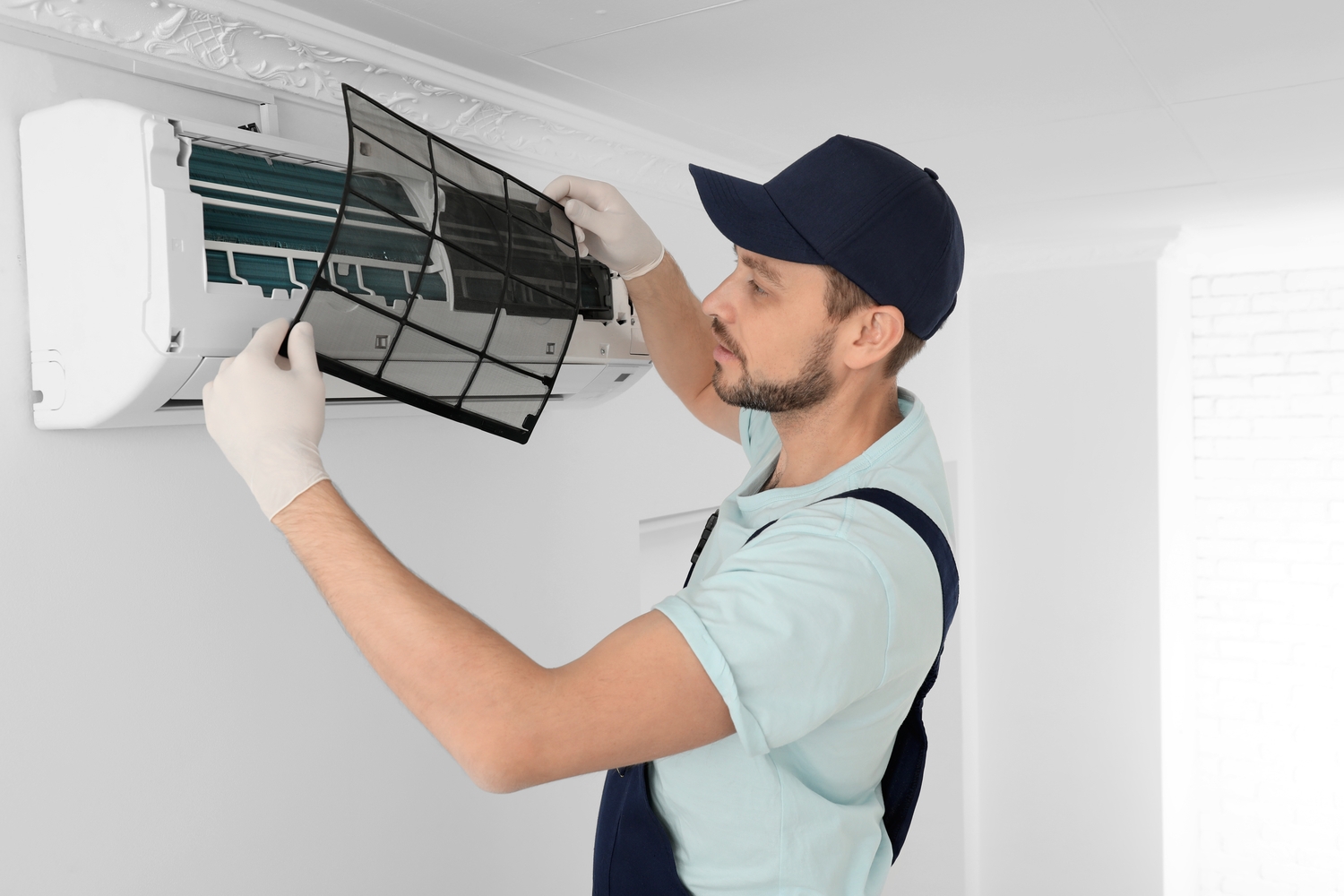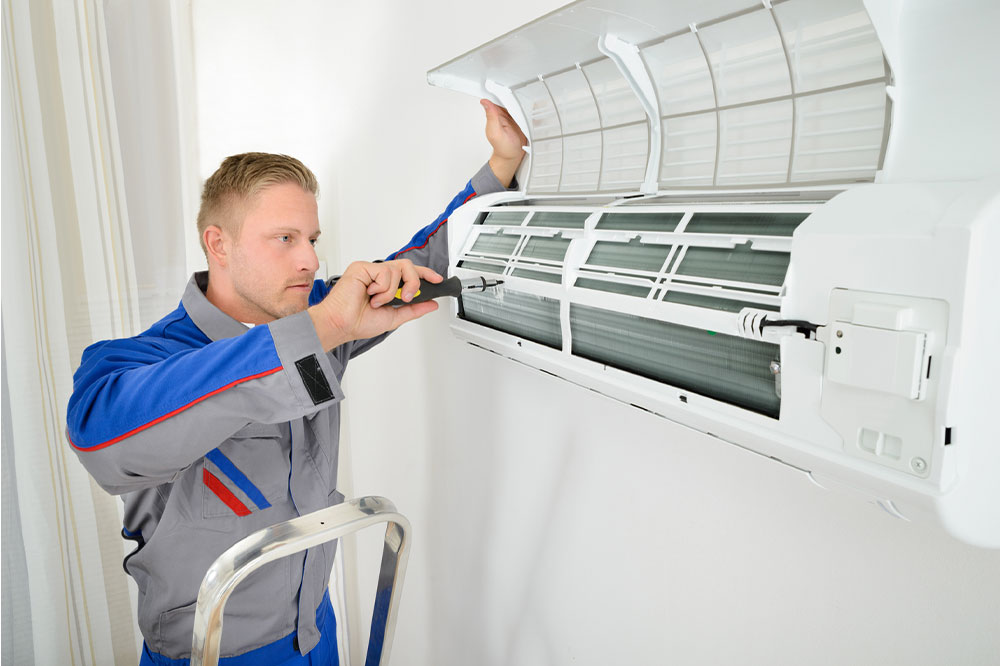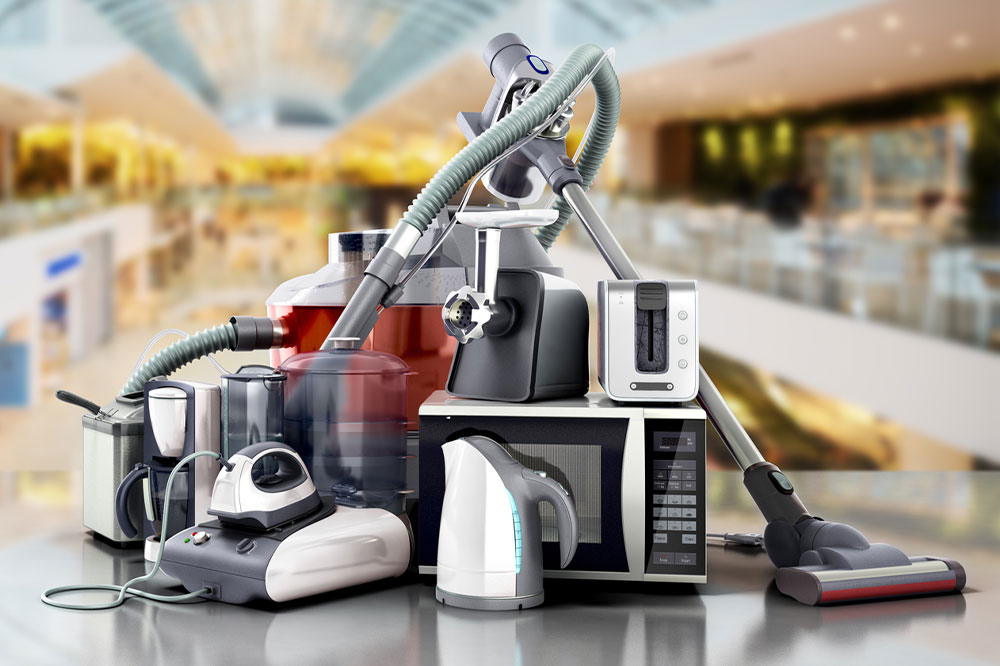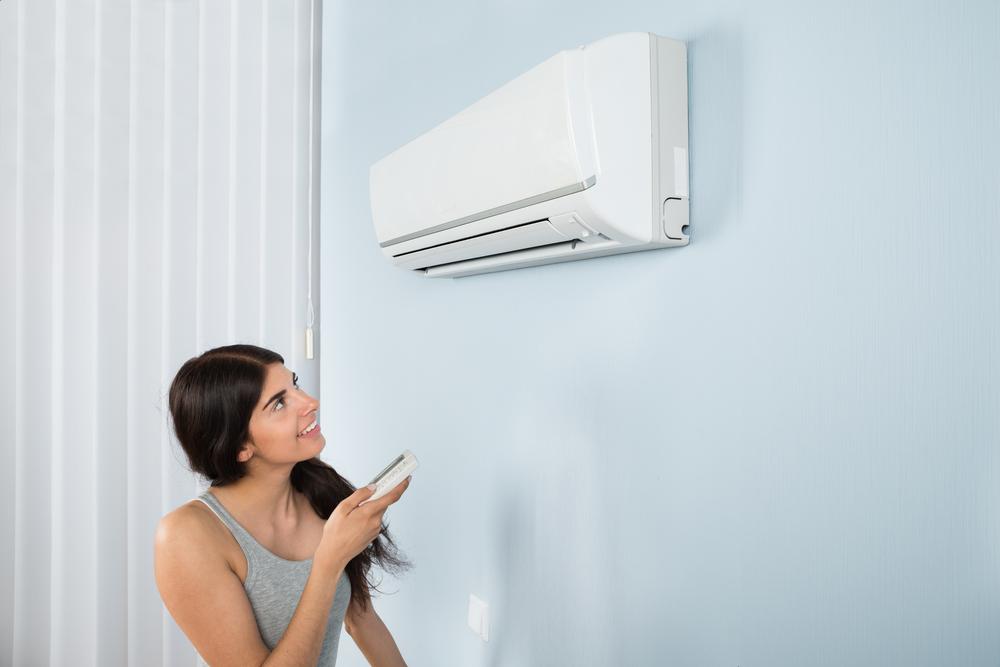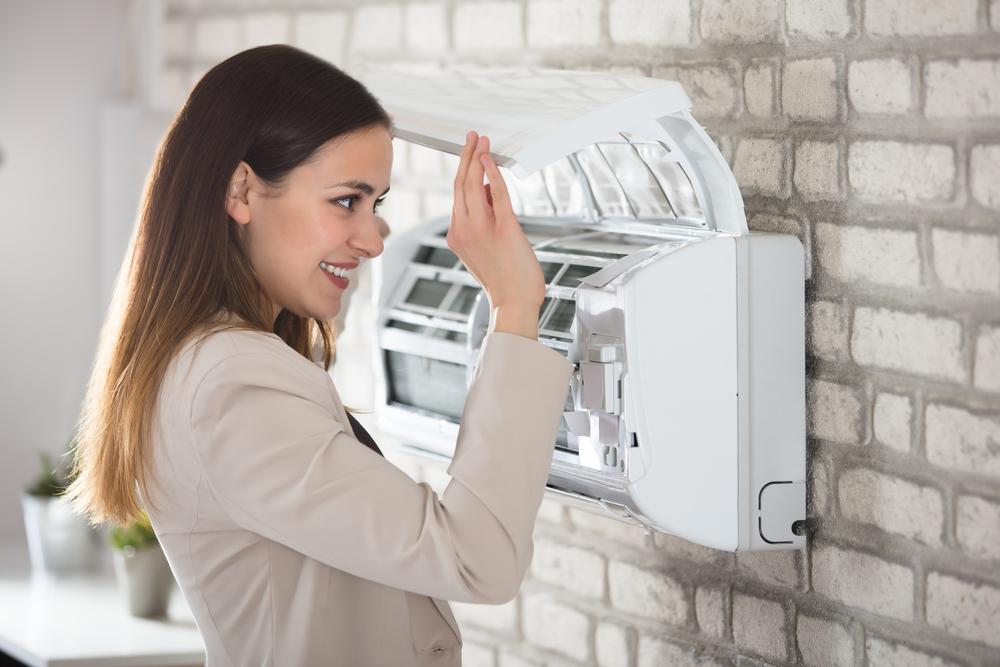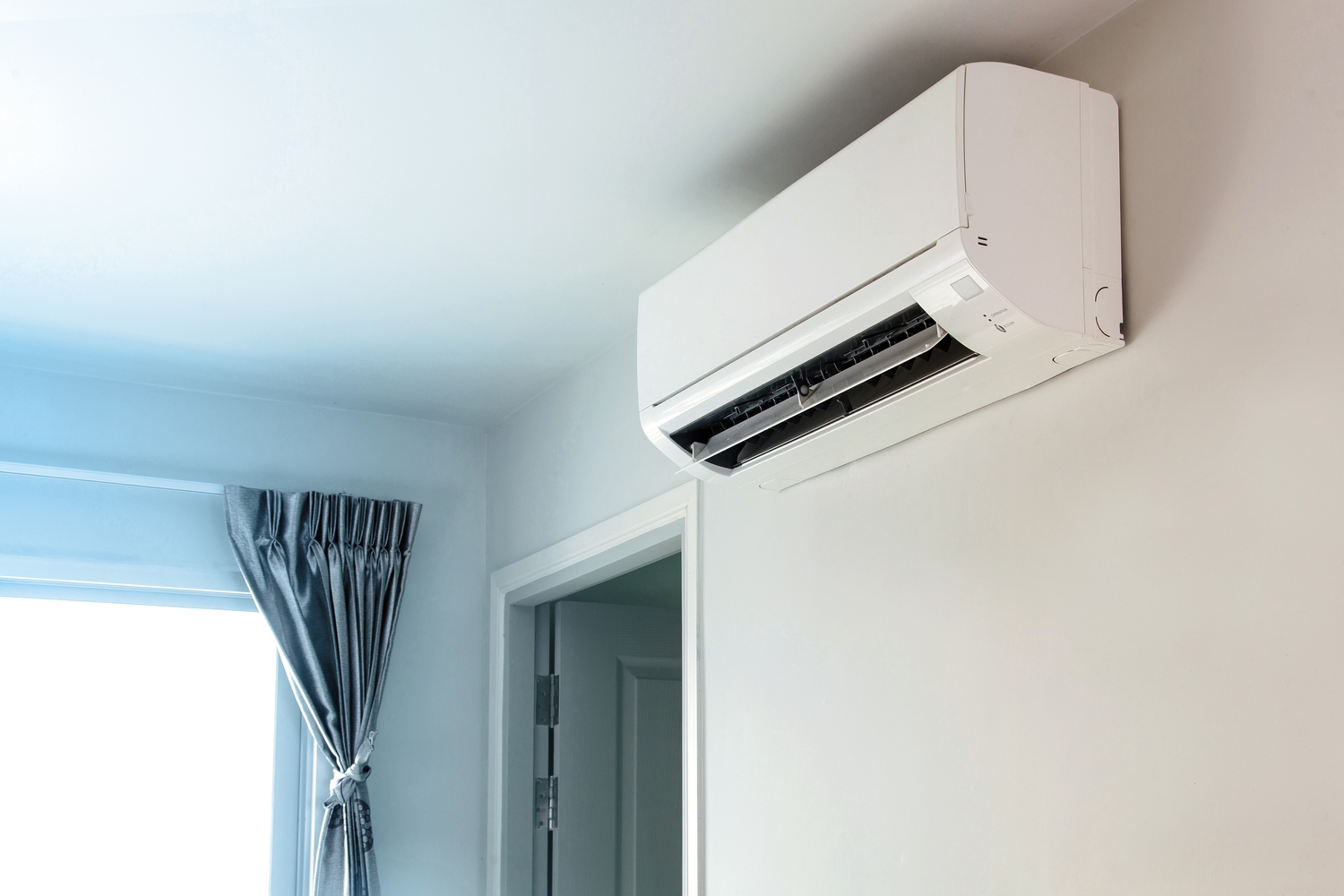Ultimate Guide to Choosing the Perfect Air Conditioner for Your Home and Office
Learn everything about choosing the right air conditioning system, including types, benefits, disadvantages, and maintenance tips. This comprehensive guide helps homeowners and businesses make informed decisions for efficient and reliable cooling solutions, ensuring comfort, health, and energy savings year-round.
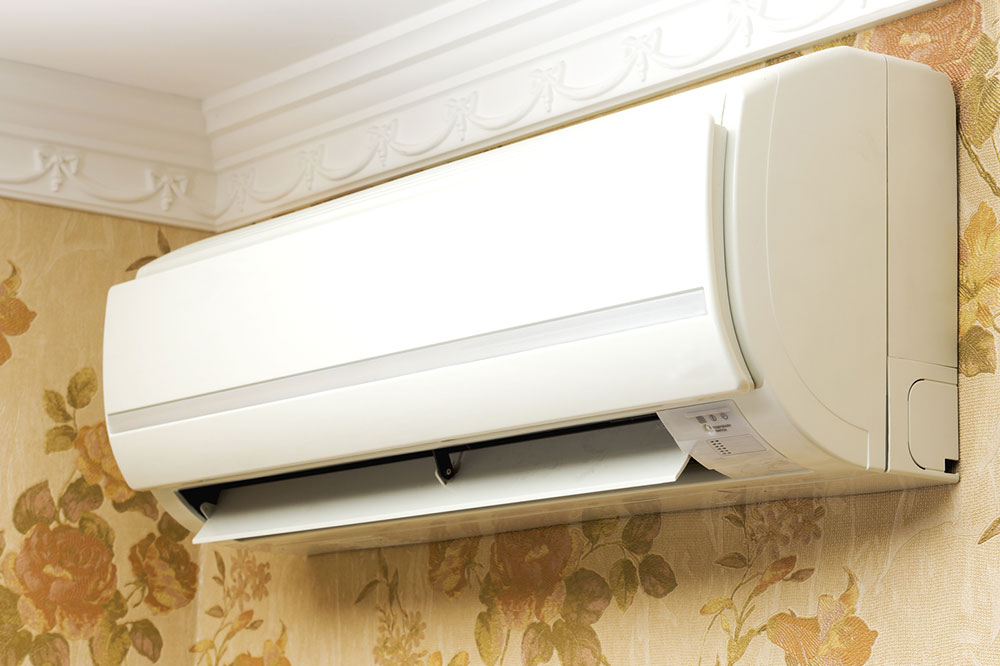
Your Comprehensive Guide to Selecting the Right Air Conditioning System
In today's climate, maintaining a comfortable indoor environment is more important than ever. Air conditioners have become essential appliances in residential, commercial, and institutional settings. They help regulate temperature, humidity, and air quality, ensuring health, safety, and productivity. Whether upgrading your existing system or installing a new one, understanding the different types of air conditioners, their benefits, potential drawbacks, and proper maintenance is crucial for making an informed decision. This extensive guide will walk you through everything you need to know to select the best air conditioning system tailored to your specific needs.
Types of Air Conditioning Systems
There are numerous types of air conditioning units available on the market today, each designed to suit different space sizes, architectural setups, and user preferences. Recognizing the features, advantages, and limitations of each type can significantly impact your choice, ensuring you invest in a system that delivers optimal cooling and energy efficiency over its lifespan.
Let’s explore the six primary types of air conditioning units suitable for various environments and needs.
Central Air Conditioning Systems
These are the most prevalent cooling solutions for large buildings, homes, and commercial complexes. Central systems consist of an outdoor condenser, an indoor evaporator unit, and a network of ductwork distributing cool air uniformly throughout the space. They are often combined with heating systems such as gas furnaces or heat coils, providing both heating and cooling in one integrated setup. Central ACs are known for their efficient cooling capacity, quiet operation, and ability to regulate temperature across multiple zones with ease. They require professional installation, periodic maintenance, and suitable ductwork design to maximize performance.
Ductless Mini-Split Systems
Ideal for homes or spaces where installing ductwork is impractical or undesirable, ductless mini-splits consist of an outdoor compressor connected via refrigerant lines to one or multiple indoor units. These indoor units are wall-mounted or ceiling cassette types, each controllable independently—for example, different rooms can be set to different temperatures simultaneously. They are highly energy-efficient, easy to install, and offer a sleek aesthetic. While initially more expensive than traditional systems, their precise zoning capability can lead to long-term energy savings, especially in retrofitting older buildings or adding cooling to specific areas.
Window Air Conditioners
Typically a cost-effective solution for single-room cooling, window units are self-contained appliances that fit into a window or wall opening. They incorporate all components—compressor, condenser, evaporator, and fan—within a single box. Window units are straightforward to install and operate and are suitable for small spaces or temporary cooling needs. They are less energy-efficient for larger applications but offer a simple, affordable option for individual rooms.
Portable Air Conditioners
Portable AC units provide flexibility by being movable between rooms. They sit on the floor and have an exhaust hose that vents hot air out through a window or opening. They typically include casters, making repositioning simple. Portable units are convenient for renters or those who want to avoid permanent installations. However, they often have lower energy efficiency compared to split systems and may produce more noise. Proper venting and regular maintenance are vital to ensure optimal performance.
Hybrid Cooling and Heating Systems
These innovative units switch between traditional fossil fuels and electrical power, optimizing energy use throughout seasonal changes. During summer, they operate as heat pumps, extracting heat from indoor air and transferring it outside. In winter, they reverse, bringing heat into the building. Hybrid systems are environmentally friendly and help reduce energy bills while maintaining a consistent indoor climate. They are suitable for climates with moderate temperature variations and require professional installation.
Geothermal Heating and Cooling Systems
Utilizing the steady underground temperatures, geothermal systems harness heat exchange through a series of underground loops. They provide both heating and cooling with high energy efficiency, lower operational costs, and minimal environmental impact. Although the initial setup costs are higher due to excavation requirements, they offer a long lifespan—often exceeding 25 years—and significant energy savings over time. Ideal for eco-conscious property owners, geothermal systems are a sustainable choice for residential and commercial buildings seeking long-term benefits.
The Benefits of Installing Air Conditioning Units
Investing in a suitable air conditioning system offers multiple advantages extending beyond mere temperature control. Properly chosen and maintained air conditioners enhance overall well-being, safeguard property, and boost efficiency in daily activities. Let’s delve into the key benefits:
Protection Against Heat-Related Health Risks
Air conditioning plays a vital role in preventing heat exhaustion, dehydration, heat stroke, and related health issues, especially during extreme weather conditions or heatwaves. It helps maintain a safe indoor temperature, ensuring the safety of vulnerable populations such as children, the elderly, and those with underlying health problems.
Improved Indoor Air Quality
Modern units are equipped with advanced filters capable of trapping dust, pollen, mold spores, bacteria, and other airborne pollutants. Regular filter maintenance ensures a healthier indoor environment, which is crucial for allergy sufferers and individuals with respiratory conditions.
Insect and Pest Control
Air conditioners with effective filtration systems act as barriers against insects and pests, reducing nuisance and health risks associated with pests inside living or working spaces.
Enhanced Productivity and Comfort
Cooler, well-ventilated environments help increase alertness, concentration, and overall work performance. A comfortable space also promotes better mood and satisfaction for residents or employees.
Better Sleep Quality
Regulating room temperature promotes restful sleep, helping the body cool down naturally during the night, which is essential for overall health and daily energy levels.
Protection of Property and Electronics
Proper cooling reduces humidity levels that can warp wood, damage fabrics, and promote mold growth. Additionally, lower temperatures safeguard sensitive electronic devices such as computers, servers, and entertainment systems, preventing overheating and prolonging their lifespan.
Clothing and Material Preservation
Maintaining a consistent, moderate temperature and humidity helps prevent sweat stains, fabric deterioration, and mold, preserving clothing, documents, and furniture in good condition.
The Drawbacks of Air Conditioning
While there are numerous benefits, it's important to be aware of potential downsides to ensure responsible use and maintenance:
Dry Skin and Mucous Membrane Dryness
Extended exposure to cooled air can lead to dryness of skin, lips, and mucous membranes, causing discomfort or irritation, especially in dry environments.
Respiratory Challenges
Improper maintenance or poor air quality due to neglected filters can aggravate respiratory issues or allergies.
Air Quality Concerns
Dirty filters and inadequate cleaning can harbor bacteria, mold, and pollen, potentially leading to infections or allergic reactions.
Noise Pollution
Many units produce background noise, which may disturb sleep, concentration, or quiet environments.
Eye and Contact Lens Issues
Low humidity and airflow can exacerbate dry eyes, conjunctivitis, or discomfort for contact lens wearers.
Over-Reliance on Air Conditioning
Excessive dependence may reduce physical activity levels outdoor, impacting fitness and general health.
Energy Consumption and Costs
High-capacity or inefficient units can significantly increase electricity bills, especially if not properly maintained or operated optimally.
Choosing and Maintaining Your Air Conditioner Effectively
Making an informed purchase and ensuring proper maintenance can prolong the life of your cooling system and optimize performance. Here are some essential tips:
Matching Cooling Capacity with Space
Calculate your room size and select an AC with appropriate BTU or tonnage to ensure effective cooling without wastage or overworking the system.
Opt for Inverter Technology
Units with inverter compressors operate more smoothly, reduce energy consumption, and operate quietly, providing consistent comfort.
Prioritize Energy Efficiency
Seek models with high Seasonal Energy Efficiency Ratio (SEER) ratings to reduce electricity bills and environmental impact.
Air Quality and Additional Features
Choose units with multi-stage filters, dehumidification options, and smart controls for enhanced comfort and health benefits.
Consider Extra Functionalities
Features like auto-cleaning, remote control, programmable timers, and smart connectivity can improve convenience and ease of use.
Proper Maintenance Tips to Keep Your AC Running Smoothly
Regular Filter Cleaning and Replacement
Check and change filters monthly during peak use seasons to maintain air quality and system efficiency.
Protect External Units
Cover outdoor components during off-seasons or harsh weather to prevent damage and debris accumulation.
Drainage System Inspection
Ensure drainage pans and pipes are clear of clogs to avoid leaks or water damage.
Fins and Coils Maintenance
Inspect and straighten Fin surfaces; clean coils to maintain optimal heat exchange efficiency.
Professional Servicing
Schedule biannual or annual professional inspections to troubleshoot emerging issues and prolong system lifespan.
